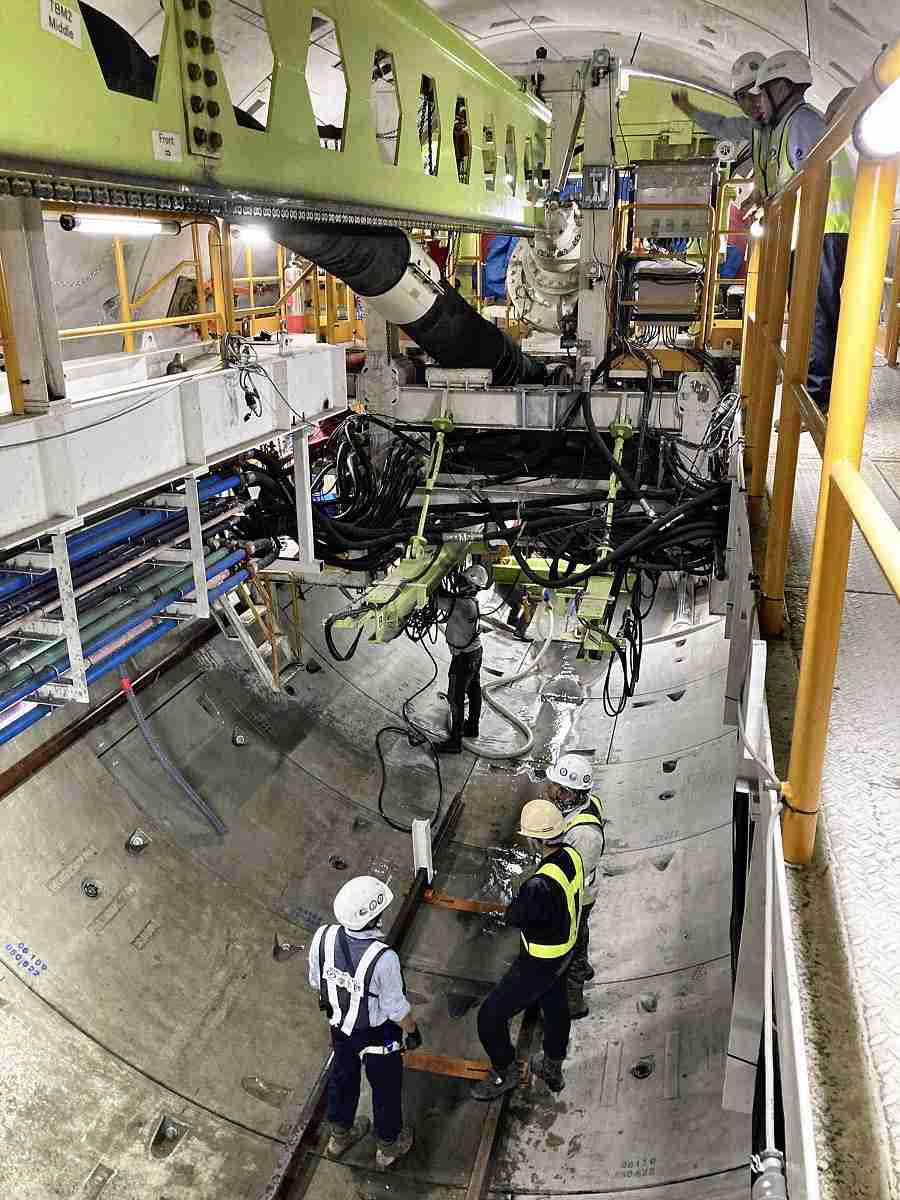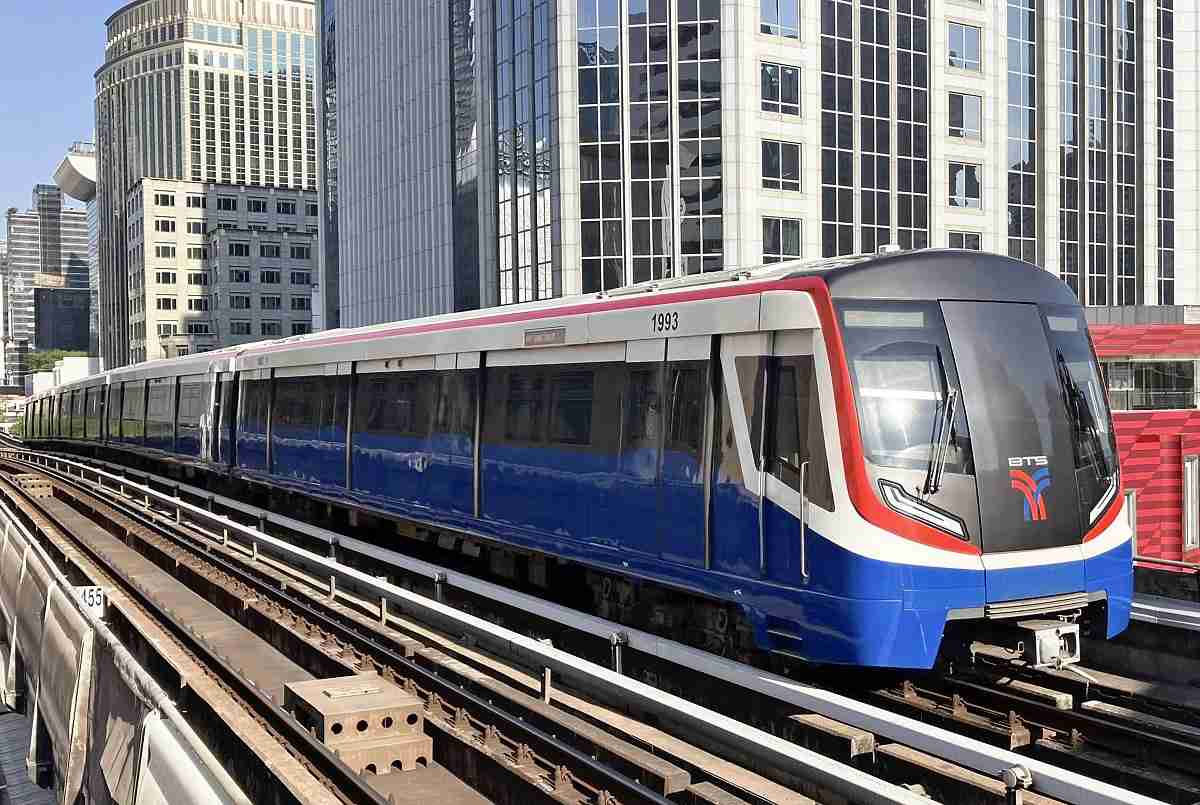Japanese companies help build metro lines overseas
TOKYO (ANN/YOMIURI SHIMBUN) – Railways are increasingly pivotal in global transportation networks, offering eco-friendly solutions to alleviate road congestion. Across Southeast Asia, major cities are prioritising the development of urban railways to spur economic growth. Japanese companies, renowned for their expertise in high-quality infrastructure, are playing a significant role in this transformation.
In Manila, a colossal shield tunnelling machine, measuring 7 metres in diameter, is forging through earth and sand to create the city’s first subway system. Expected to relieve the city’s notorious traffic congestion, this project integrates Japan’s advanced tunnelling technology and over 150 years of railway construction experience.
Mitsuru Yasui, construction manager at Shimizu Corp, a key contractor for the project, emphasises the dynamic challenges posed by varying soil conditions encountered during tunnelling. President Ferdinand Marcos Jr’s presence at the project’s inauguration in January 2023 underscores the nation’s high hopes for this transformative endeavour.
Acknowledging the Philippines’ limited expertise in constructing and maintaining public transportation systems, a Philippine Transportation Department official highlights Japan’s indispensable support in making the subway project feasible.

Far fewer problems
Bangkok, once notorious for its severe congestion, is expanding its urban railway network. The MRT Purple Line, operational since 2016, relies on rolling stock from Japan Transport Engineering Co, a subsidiary of East Japan Railway Co (JR East). Managed cooperatively by JR East, Marubeni Corp, and Toshiba Corp, the line has notably lower operational issues compared to other lines in Bangkok, accounting for only about 1 per cent of all problems on the city’s six urban rail lines in 2021.
In December 2022, Bangladesh inaugurated its first urban railroad in Dhaka, facilitated by Japan’s Official Development Assistance office. The project introduced beneficial features such as women-only cars and platform doors. Additionally, a new line equipped with railcars from Hitachi Ltd is set to launch soon in Ho Chi Minh City, Vietnam.

Beyond the railway lines
The expertise Japan has amassed extends beyond railroad operations, potentially facilitating development around train stations. In Southeast Asia, a lack of coordination between railroad companies and real estate developers often results in stations being built without accompanying commercial facilities.
“Thailand still segregates railroads and real estate, whereas Japan integrates them for greater efficiency,” noted Bangkok Governor Chadchart Sittipunt, emphasising Japan’s approach.
Japanese railway companies like JR not only generate revenue from ticket sales but also from real estate ventures. Sittipunt acknowledged, “We have much to learn from Japan.”
Moreover, Japan’s Urban Renaissance Agency (UR) is aiding in the development around a railway terminal in northern Bangkok.
Apart from standard business benefits, Japanese firms engaging in railroad projects in emerging nations enjoy additional advantages.
Homare Komata, an official at Japan’s Ministry of Land, Infrastructure, Transport, and Tourism, highlights the declining expertise in Japan’s rail sector. Engaging in overseas railroad operations serves as a means to pass on these invaluable skills.






